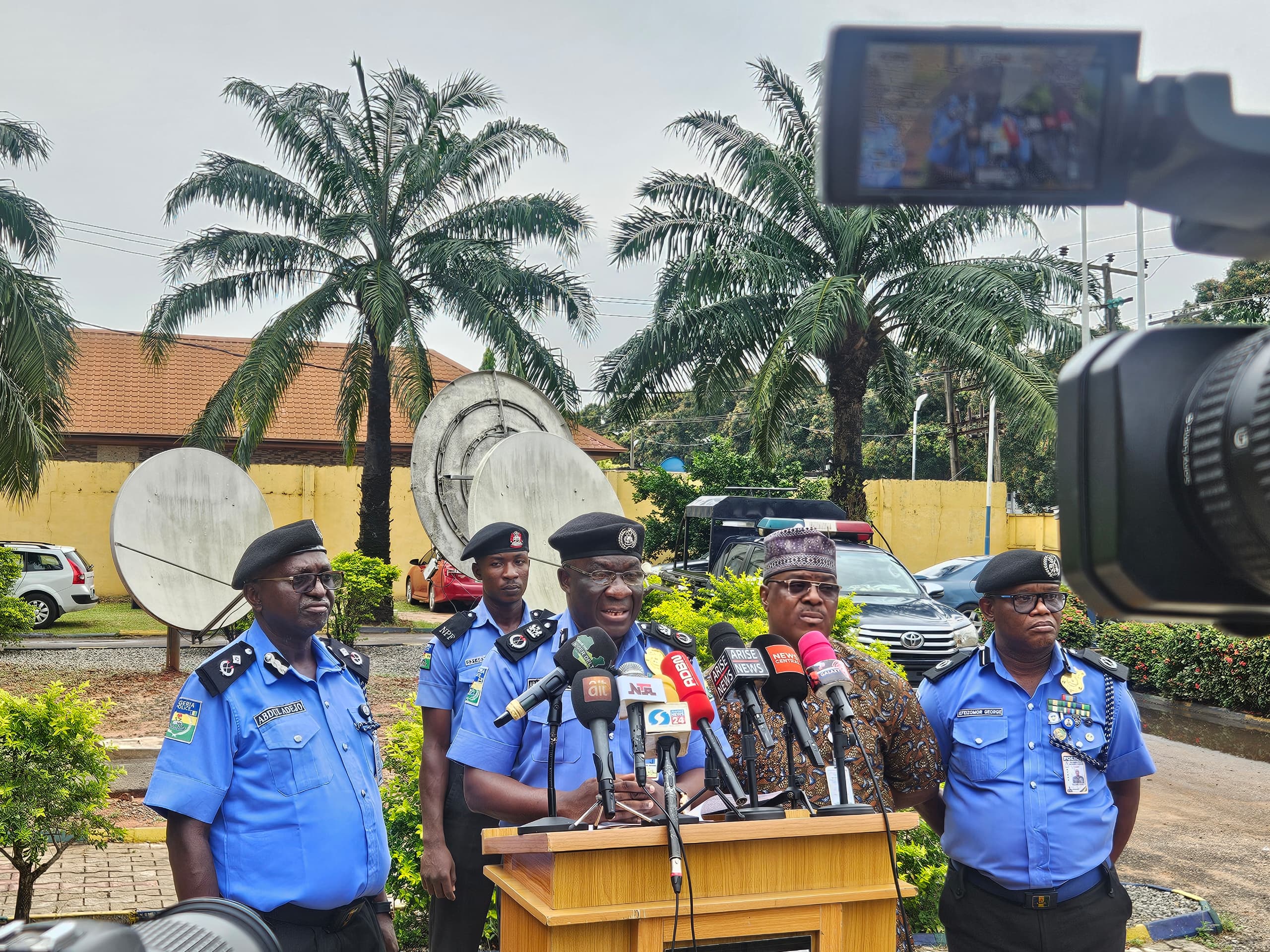South Korea Widens COVID-19 Vaccine Pass Requirement Amid Omicron Variant
2 min read
In response to an increase in COVID-19 infections and six confirmed cases of the Omicron strain, South Korea stated on Friday that persons attending public spaces will be required to present vaccine passes.
As the country saw a record number of new cases this week, the authorities re-imposed restrictions on private gatherings that had been previously lifted.
“From next Monday, everyone accessing 14 designated public locations, including hospitality and entertainment facilities, will have to present their immunization cards,” Prime Minister Kim Boo-kyum stated during a COVID-19 reaction meeting.
“The general public will be given a week to adjust to the new guidelines.”
While vaccination passes have long been required at high-risk locations such as gyms, saunas, and bars, this is the first time the rule has been extended to restaurants and cafés.
Read Also: China pledged a billion doses of Covid vaccine for Nigeria, Other African Countries
Anyone over the age of 12 will need to present a vaccination permit starting in February.
The government chose to lower the exemption age, which is now set at 17 years, to encourage teenagers to be vaccinated, as the under-18 age group accounts for 20% of all infections, according to Health Minister Kwon Deok-cheol.
“From the present maximum of 10 in Seoul and 12 outside, the limit on private gatherings has been reduced to six individuals in the greater Seoul area and eight outside,” Kwon added.
After a fully vaccinated pair tested positive for the variation after arriving from Nigeria last week, South Korea has verified a total of six Omicron cases.
According to the Korea Disease Control and Prevention Agency (KDCA), the patients are either asymptomatic or have moderate symptoms such as headache, low-grade fever, dizziness, and sore throat.
Read Also: COVID-19: Reps Urge FG to Step Up Measures Against Omicron
Despite the fact that 91.6 percent of South Korea’s adult population aged 18 and up has been completely vaccinated, booster dose uptake remains at 8.1 percent.







